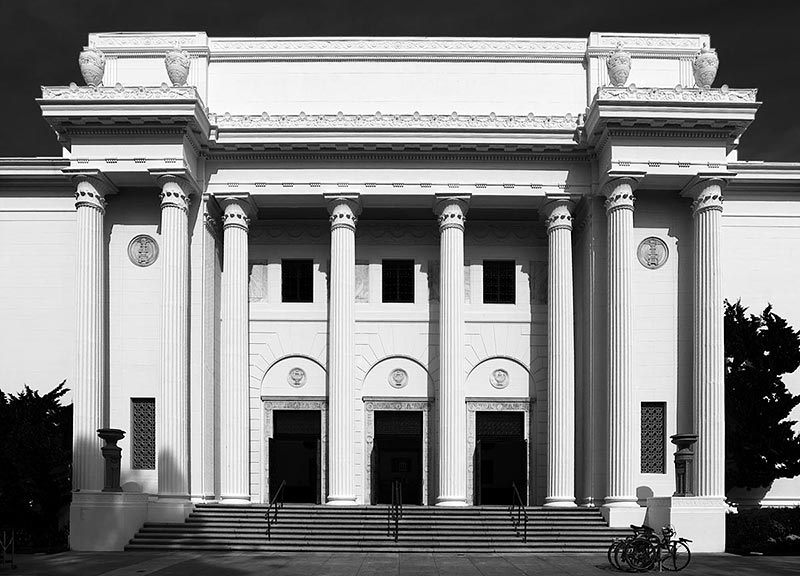The @internetarchive is a library, and, like any library, it is allowed to scan the books in its collection and circulate them to its patrons (under precedent set in the Hathi Trust case).
1/
1/
It does so using #ControlledDigitalLending - AKA DRM - the same tool that publishers insist that other libraries use.
The Archive also works with many academic and municipal libraries across the country to help them digitize and circulate their collections.
2/
The Archive also works with many academic and municipal libraries across the country to help them digitize and circulate their collections.
2/
These ebooks - most of which have no official electronic edition - are widely used by print-impaired patrons, including visually impaired people, people with dyslexia, and people with physical disabilities who struggle to handle books.
3/
3/
The Archive's library is especially urgent in this moment, when libraries across the country are shut and most of the books they have purchased are not available to the people whose taxes or fees paid for them.
4/
4/
Particularly keen is the need of returning students, who will have neither the benefit of their public libraries nor their school libraries as they struggle not to fall behind in their education.
5/
5/
Despite all this, a coalition of major publishers - Hachette, Harpercollins, Wiley and Penguin/Random House - have sued the Internet Archive, seeking to prohibit Controlled Digital Lending and to destroy 1.5m ebooks.
https://blog.archive.org/2020/07/29/internet-archive-responds-to-publishers-lawsuit/
6/
https://blog.archive.org/2020/07/29/internet-archive-responds-to-publishers-lawsuit/
6/
I daresay that the vast majority of these publishers' authors rely on the Internet Archive's various holdings and collections (I know I certainly do).
7/
7/
Moreover, these are not fragile, frail institutions. Harpercollins is owned by Rupert Murdoch and routinely pays millions for mediocre, poor-selling books by far-right figures as a way of legally transfering money to those Murdoch seeks favor with.
8/
8/
Wiley is an ed-tech monopolist whose textbook prices have spiraled out of control over the past decade, gouging students and bribing profs to require new "editions" with trivial updates, while destroying the used textbook market.
9/
9/
Penguin/Random House is a division of Bertelsmann, the largest publisher in the world, grown larger through the monopolist's tried-and-true tactic of mergers between major competitors, a sin they compounded by passing on the chance to rename the company "Random Penguin."
10/
10/
Hachette pioneered the tactic of forcing writers to give up their worldwide English rights as a condition of selling to them, depriving authors of the chance to get paid separately for their rights in multiple territories.
11/
11/
The Internet Archive, by contrast, is a donor-supported nonprofit devoted to preserving all human knowledge and promoting access around the world.
I know whose side I'm on.
eof/
I know whose side I'm on.
eof/

 Read on Twitter
Read on Twitter


